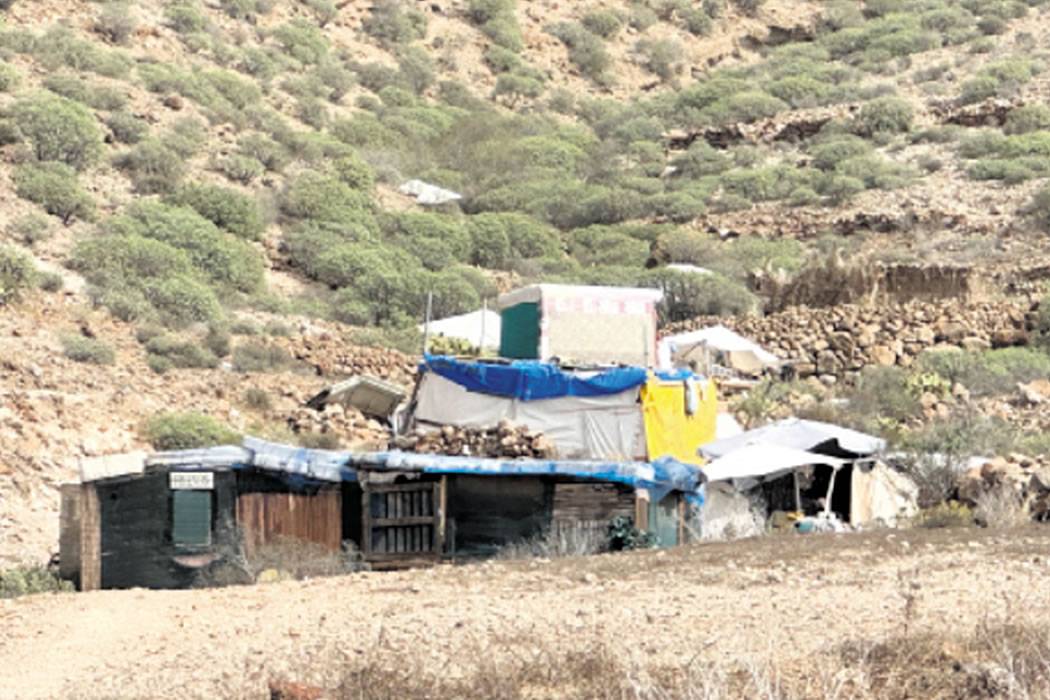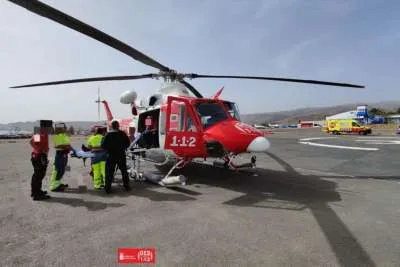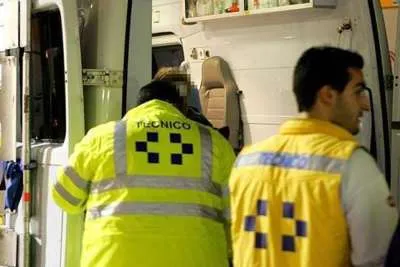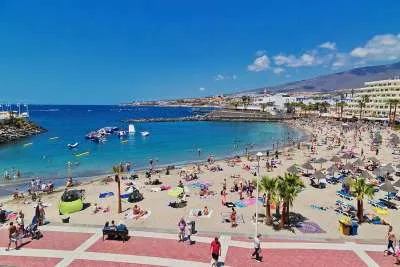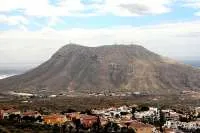The number of shantytowns is spreading in the south of Tenerife
- 18-12-2023
- Tenerife
- Canarian Weekly
- Photo Credit: DA
The housing sector, along with others closely linked to tourism such as hospitality, is struggling to find staff, resulting in incomplete staff rosters. Ironically, not everyone in the South can afford to work, considering that the few available rentals exceed 700 or 800 euros a month. Furthermore, there is a scarcity of shared living spaces. This has led to an increase in illegal occupations of both public and private land, giving rise to two phenomena: shantytowns and the presence of tents and camper vans associated with the tourism industry.
The illegal occupations, particularly in the municipalities of Arona and Adeje, have been identified in five locations: coastal areas between El Puertito and Playa Paraíso in Costa Adeje, the Troya ravine at the border of the two municipalities, El Rincón de Los Cristianos, and the land of the El Mojón partial plan in Los Cristianos.
"We have been sounding the alarm for years about housing access problems and homelessness in Tenerife, especially in the south," says José Antonio Díez Dávila, coordinator of Mobile Street Outreach Units (UMAC) at Caritas Diocesana de Tenerife. He emphasizes that the issue is now extending beyond social exclusion to affect individuals who are not in socially excluded situations.
The marginalisation of specific areas is evident, where people not only occupy private land but also inhabit places constructed with inadequate living conditions, such as the area known as El Rincón de Los Cristianos. There, various constructions and numerous tents camper vans can be found on privately owned land, prompting property owners to initiate legal proceedings to regain control.
Miguel Villarroya, CEO of Spring Hoteles, a hotel chain with establishments in Los Cristianos and Playa de las Américas, highlights the need for local authorities to unclog bureaucratic processes and facilitate investment in areas like El Rincón. He emphasizes that the current situation is damaging the area's image as a tourist destination and the perceived safety of visitors.
"We've had to carry out evictions on the plots we own in that area. Three out of the five are occupied. I was recently at one, and there was already a community of fifteen to twenty shacks," explains Villarroya.
How far is the problem of lack of housing extending?
The situation extends beyond visible homelessness, as Caritas' previously published data indicates that in major Southern municipalities, 771 people are homeless, with the majority in Arona (441), Adeje (166), and Granadilla de Abona (128). However, a hidden reality affects up to 14% of the population, those without homes but with employment contracts.
This segment includes people who, despite having a job, live in vans, utilizing part of their income to purchase these vehicles for basic living needs. Some even choose to forgo skilled jobs in the South due to housing challenges, as illustrated by a case where someone working with Caritas had to leave their job after losing their rental and finding shelter in a garage.
The coordinator of Caritas emphasizes the impact of neoliberal deregulation since the 1990s, leading to a lack of planning for affordable or social housing while allowing tourist rentals. This trend is observed across Europe, and even countries like the Netherlands, with a significant public housing stock, are affected. The European Union is pressuring Spain to build over a million homes.
This situation unfolds against the backdrop of growing tourism and wealth in the region, but without a corresponding improvement in the convergence of the Canary Islands or the income of its residents.
Despite increased tourist numbers contributing to economic growth, the income per capita of the Canary Islands has declined from 98% of the Spanish average in 2000 to 72% two decades later, highlighting a disparity in living standards for thousands of residents.


